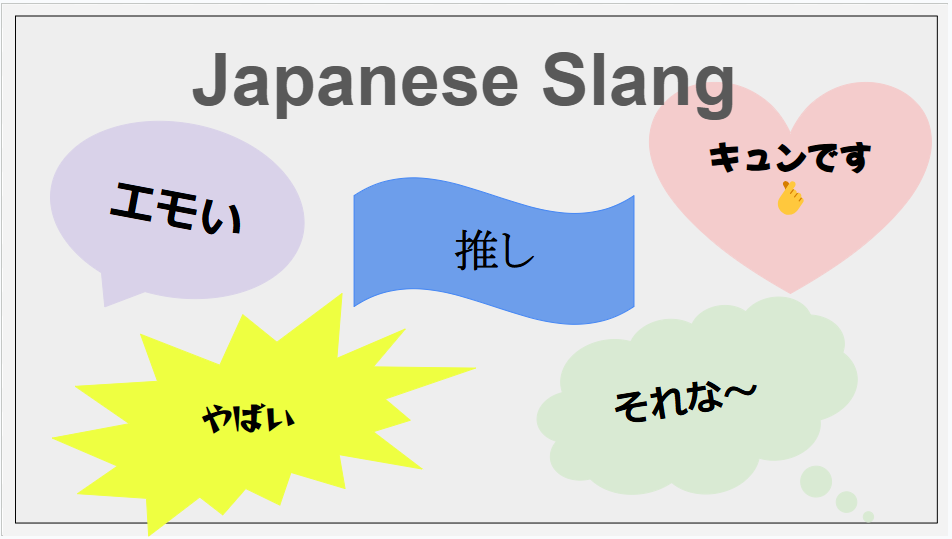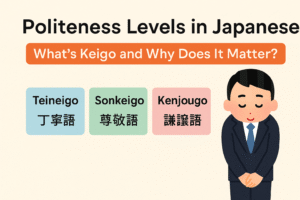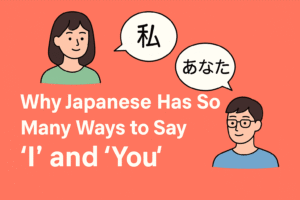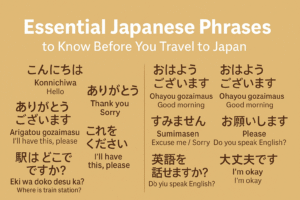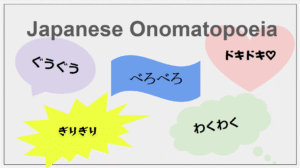If you’re learning Japanese or planning to visit Japan, you’ve probably already come across words like kawaii (cute) or arigatou (thank you). But if you spend any time around Japanese teenagers or young adults, you might hear some phrases that aren’t in your textbook. Welcome to the world of Japanese slang – fast-evolving, expressive, and a big part of youth culture.
In this post, I’ll introduce some popular Japanese slang terms used by younger generations. These words are commonly used online, in casual conversation, and on social media. They reflect humor, creativity, and trends – and understanding them will give you a fun new perspective on modern Japanese culture.
1. エモい (Emoi)
Originally coming from the English word “emotional,” emoi is used to describe something that’s emotionally moving, nostalgic, or touching. It can be used for a song, a photo, a moment – anything that makes you feel deeply.
Example: 「あの映画、めっちゃエモかった。」
(Ano eiga, meccha emo katta.)
“That movie was super emotional.”
2. やばい (Yabai)
Yabai is a very versatile word. It used to have a negative meaning, like “dangerous” or “bad,” but now young people use it for both good and bad things. It can mean “awesome,” “terrible,” “crazy,” or even “cool.”
Examples: 「このケーキ、やばいほど美味しい!」
(Kono keeki, yabai hodo oishii!)
“This cake is insanely delicious!”
「テスト全然できなかった…やばい。」
(Tesuto zenzen dekinakatta… yabai.)
“I totally failed the test… this is bad.”
3. それな (Sore na)
This phrase is a casual way to say “Exactly!” or “Totally agree.” It’s often used to show agreement in a conversation, especially in chats or comments online.
Example: 「学校の宿題多すぎるよね。」
(Gakkou no shukudai oosugiru yo ne.)
“School homework is way too much.”
「それな!」
(Sore na!)
“Exactly!”
4. マジで (Maji de)
Maji de is a slangy way of saying “seriously?” or “for real?” It can also be used to emphasize your own statement.
Examples: 「マジで?知らなかった!」
(Maji de? Shiranakatta!)
“Seriously? I didn’t know that!”
「マジで疲れた。」
(Maji de tsukareta.)
“I’m seriously tired.”
5. きゅんです (Kyun desu)
This phrase became popular on TikTok and among teens. Kyun is a sound that mimics the feeling of a heart tightening – like when you see something super cute or touching. Kyun desu expresses that fluttery, heart-skipping emotion.
Example: 「彼の笑顔にきゅんです!」
(Kare no egao ni kyun desu!)
“His smile gave me butterflies!”
6. リア充 (Riajuu)
Short for リアルが充実している (riaru ga juujitsu shiteiru), meaning “real life is fulfilling.” It’s used to describe someone who seems to have a perfect life – like someone with a happy relationship, social life, and hobbies.
Example: 「彼女できたの?リア充じゃん!」
(Kanojo dekita no? Riajuu jan!)
“You got a girlfriend? You’re living the life!”
7. ワンチャン (Wanchan)
Short for “one chance,” wanchan refers to a slim possibility or a one-time shot at something. It can also be used when talking about taking a chance – often in a playful or hopeful way.
Example: 「ワンチャン告白してみる。」
(Wanchan kokuhaku shite miru.)
“I might confess my feelings. There’s a chance.”
8. じわる (Jiwari / Jiwatteiru)
This slang comes from jiwa jiwa, meaning something that slowly grows on you – especially laughter. It’s used when something becomes funnier or weirder the more you think about it.
Example: 「あの画像、じわる。」
(Ano gazou, jiwari.)
“That image is weirdly funny.”
9. インスタ映え (Insta-bae)
A mash-up of Instagram and haeru (to look good), insta-bae describes something that’s photogenic – something perfect for posting on Instagram.
Example: 「このカフェ、めっちゃインスタ映えするね。」
(Kono kafe, meccha insta-bae suru ne.)
“This café is totally Instagram-worthy.”
10. 推し (Oshi)
Oshi refers to your favorite idol, character, or public figure – someone you “support.” It’s widely used in fan communities, and young people often talk about their oshi with passion and pride.
Example: 「私の推しはBTSのジミンです!」
(Watashi no oshi wa BTS no Jimin desu!)
“My favorite is Jimin from BTS!”
Why Learning Slang Matters
Slang is more than just trendy words. It gives you insight into how people really speak – casually, emotionally, and in tune with cultural trends. Plus, if you’re watching Japanese dramas, anime, or following Japanese influencers, you’ll notice these terms pop up all the time.
Understanding slang helps you:
- Sound more natural in conversation
- Follow online comments and memes
- Feel connected to Japanese youth culture
Of course, you don’t need to use all these words – just recognizing them can be enough to appreciate the language more deeply.
Final Thoughts
Language is always changing. Whether you’re a Japanese learner, a traveler, or just curious, learning youth slang adds color to your understanding of the culture. Enjoy Japanese slang !
